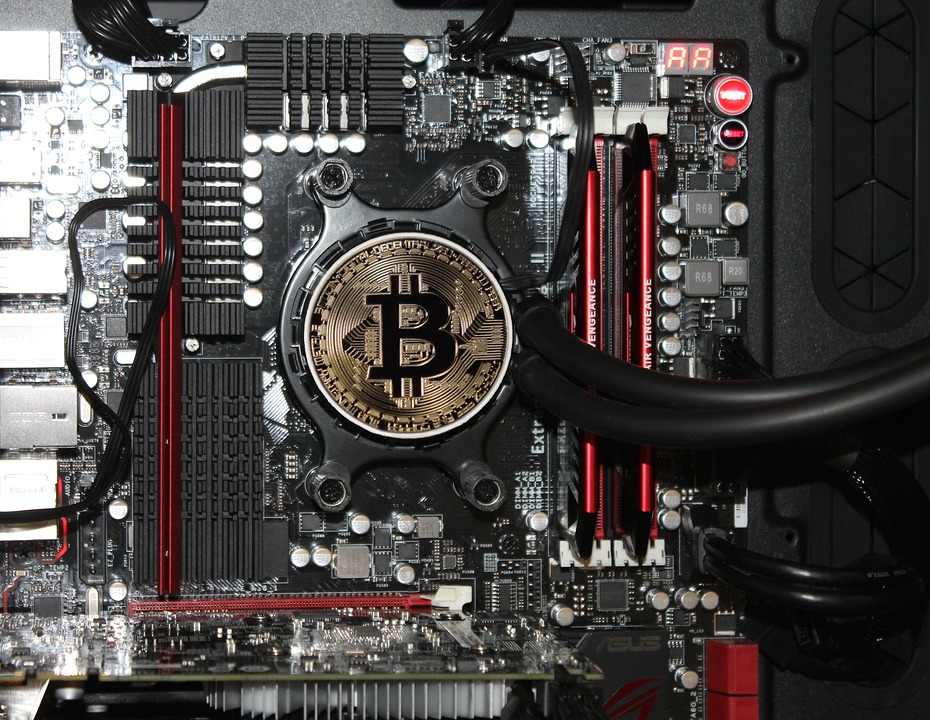As Bitcoin continues to gain traction and more investors dive into the cryptocurrency market, understanding wallet security has become an essential aspect for both novice and experienced users. With the rise in the value of Bitcoin, so too has the number of attacks aimed at stealing it. This article aims to demystify cryptocurrency wallet security, exploring essential practices every Bitcoin investor should know to protect their assets.
What is a Bitcoin Wallet?
A Bitcoin wallet is a digital tool that allows users to store and manage their Bitcoin holdings. Unlike a traditional wallet that carries physical cash, a Bitcoin wallet doesn’t store Bitcoin itself but rather holds the private keys necessary to access and transact with Bitcoin on the blockchain. There are several types of wallets, each with varying levels of security and usability:
-
Hot Wallets: These are connected to the internet and are often used for convenience in transactions. Examples include exchanges and mobile applications. While they offer ease of access, they are more susceptible to hacking.
-
Cold Wallets: These are offline wallets that store Bitcoin private keys securely, making them less vulnerable to online threats. Examples include hardware wallets and paper wallets.
-
Web Wallets: These operate through web browsers and are convenient for accessing your crypto but are less secure than cold wallets.
- Desktop Wallets: Software installed on a computer that provides more control than web wallets but may face risks if the device is compromised.
Understanding the differences between these wallets is vital for anyone looking to invest in Bitcoin.
Principles of Wallet Security
1. Use Strong Passwords
Creating a strong, unique password is your first line of defense in wallet security. Avoid using easily guessed passwords and consider employing a password manager to track complex passwords. A good password should include a mix of upper and lowercase letters, numbers, and special characters.
2. Enable Two-Factor Authentication (2FA)
Enabling 2FA adds an additional layer of security. It requires a second form of verification in addition to your password, typically through a mobile app like Google Authenticator or a hardware token. This makes it significantly harder for attackers to gain unauthorized access to your wallet.
3. Choose Your Wallet Wisely
Investors must carefully select their wallet type based on their security needs. For long-term storage, cold wallets are generally recommended as they significantly reduce exposure to online threats. Hot wallets may be suitable for daily transactions, but funds should be regularly transferred to a more secure wallet.
4. Keep Software Updated
Whether you are using a hot or cold wallet, regular software updates are crucial. Wallet developers often release updates that patch vulnerabilities, enhance features, and improve security. Ensure that your wallet software and any associated applications are up to date.
5. Backup Your Wallet
Backing up your wallet is necessary for recovering your funds in case of a device failure or accidental deletion. Most wallets allow you to create a backup of your private keys or recovery phrases. Store these backups securely, preferably offline, to prevent them from being compromised.
6. Be Wary of Phishing Attacks
Phishing attacks are a common method used by hackers to gain access to your wallet. Always check URLs before entering login credentials and avoid clicking on suspicious emails or messages. When in doubt, go directly to the wallet’s official website.
7. Use Hardware Wallets for Significant Investments
When holding significant amounts of Bitcoin, consider investing in a reputable hardware wallet. These devices store your keys offline, making them less prone to hacks. Popular options include Ledger and Trezor, both of which provide robust security features.
8. Limit Fund Exposure
For regular transactions, keep only the amount you need in your hot wallet. The majority of your funds should reside in a cold wallet. This practice minimizes the risk of losing large sums to a breach.
9. Educate Yourself
Stay informed about cryptocurrency security trends and evolving threats in the crypto space. Join forums, follow reputable sources, and consider participating in security workshops or webinars.
Conclusion
Wallet security is a critical component of investing in Bitcoin. With cyber threats continually evolving, it’s essential to adopt proactive measures to safeguard your assets. By understanding the various types of wallets, implementing best practices, and staying informed, every Bitcoin investor can significantly enhance their wallet security and enjoy a more secure investing experience. Remember, in the world of cryptocurrency, knowledge and vigilance are your best allies.


